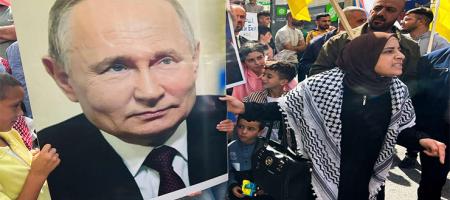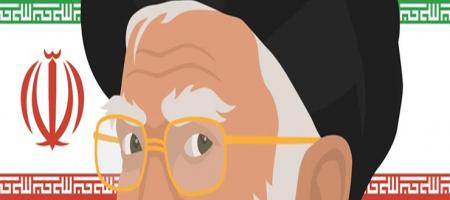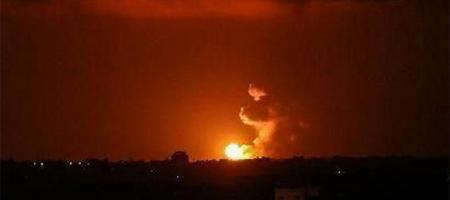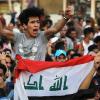
By: Reza Rezaee
The Islamic Republic of Iran has long been under scrutiny for its persistent and widespread human rights violations. Despite being a signatory to international human rights treaties, Iran has been criticized for its disregard of fundamental human rights, resulting in a climate of repression, discrimination, and persecution. This article examines some of the key areas where human rights are routinely violated in Iran, shedding light on the ongoing struggles faced by its citizens.
• Freedom of Expression and Press:
One of the most notable human rights concerns in Iran is the severe restriction on freedom of expression and press. The government exercises strict control over media outlets, curbing independent journalism and silencing dissenting voices. Journalists, bloggers, and social media activists are subjected to harassment, censorship, and imprisonment for expressing their views or reporting on sensitive topics.
• Suppression of Political Dissent:
Iran's political landscape is marked by the suppression of political dissent and the targeting of opposition groups. Activists, human rights defenders, and members of minority political parties face arbitrary arrests, unfair trials, and prolonged detentions. The government's crackdown on protests and demonstrations further restricts the right to peaceful assembly and dissent.
• Women's Rights and Gender Discrimination:
Iranian women face systemic discrimination and violations of their basic rights. Gender-based laws and practices restrict their freedom of movement, education, and employment opportunities. Women's rights activists advocating for gender equality and the repeal of discriminatory laws are often subjected to harassment, intimidation, and imprisonment.
• Religious and Ethnic Minorities:
Religious and ethnic minorities in Iran, including Baha'is, Christians, Kurds, Ahwazi Arabs, and others, face discrimination, persecution, and marginalization. They are subjected to restrictions on religious freedom, arbitrary arrests, torture, and unfair trials. Places of worship belonging to minority communities are frequently targeted, exacerbating their vulnerability and stifling their cultural and religious expression.
• Capital Punishment and Cruel Punishments:
Iran has one of the highest rates of execution in the world, employing capital punishment for a wide range of offenses. The use of the death penalty, often following flawed trials, violates international standards of due process and the right to life. In addition, cruel and inhumane punishments, such as amputations and public floggings, continue to be employed, causing further anguish and violating human dignity.
Conclusion:
The human rights situation in the Islamic Republic of Iran remains a grave concern. The persistent violations of fundamental rights, including freedom of expression, political dissent, women's rights, minority rights, and fair trials, paint a bleak picture of the human rights landscape in the country. The international community must continue to advocate for the protection and promotion of human rights in Iran, urging the government to address these issues and uphold its obligations under international law.














